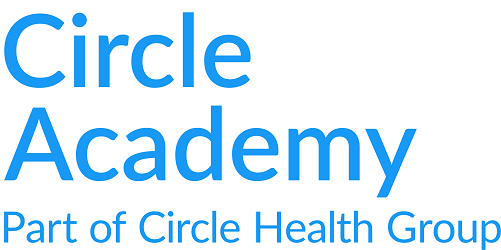
As part of the hints and tips for developing yourself at work series learning and development business partner, Kevin Avis, shares ideas on how you get the most from work-based opportunities to grow and develop
See more in the series: early careers | managerial careers | senior leader careers
For those with experience in their field, here is a list of things you can be doing to help you develop in your role.
1. Supervise and coach students and apprentices through their development
Every person starting or new to their career needs someone that can guide them through their steps to success. Your experience and insights from lessons learnt are valuable to someone else.
2. Take responsibility for supervising or appraising others
Through supervision or appraisal, you can develop your feedback and management skills. The appraisal and regular supervision of others are important tools to enable people to perform at their best – use these tools to construct meaningful conversations that create impact.
3. Look for a secondment opportunity within the business to gain from wider experience
Push yourself to work in a new area for a short time and learn from the experience.
4. Lead or support a project or programme within your area of work
Work with others across your function or hospital to create commercial, regulatory or cultural impact across a wider area. Learn from the technical and professional insights of others and learn what tools and systems they use to create change.
5. Take on an additional responsibility or portfolio role
Grow your experience and build your specialism by assuming responsibility for an area of work.
6. Get involved in your professional body
Professional and membership bodies often have committees or branches in which you can participate. Take advantage of this and build your professional network, and apply new learning to your profession.
7. Share your knowledge
Passionate about a specific area of your work? Use your expertise to develop and support others through training, creating knowledge manuals or how-to guides.
8. Check-in regularly with your manager and use the appraisal process
Circle Health Group has a good check-in and appraisal process that helps your development and growth. Have regular meetings with your manager and they are documented so you can measure and track your growth.
Use the reflection sheet to help you reflect and plan. Use this to make some proposals and suggestions to your manager.
Further reading and helpful articles:
- Mindtools offers a good introductory article on reverse mentoring
- The Chartered Institute of Personnel and Development offer free mentoring to people aged 18 – 24, or parents and carers of any age in the first steps of their career
